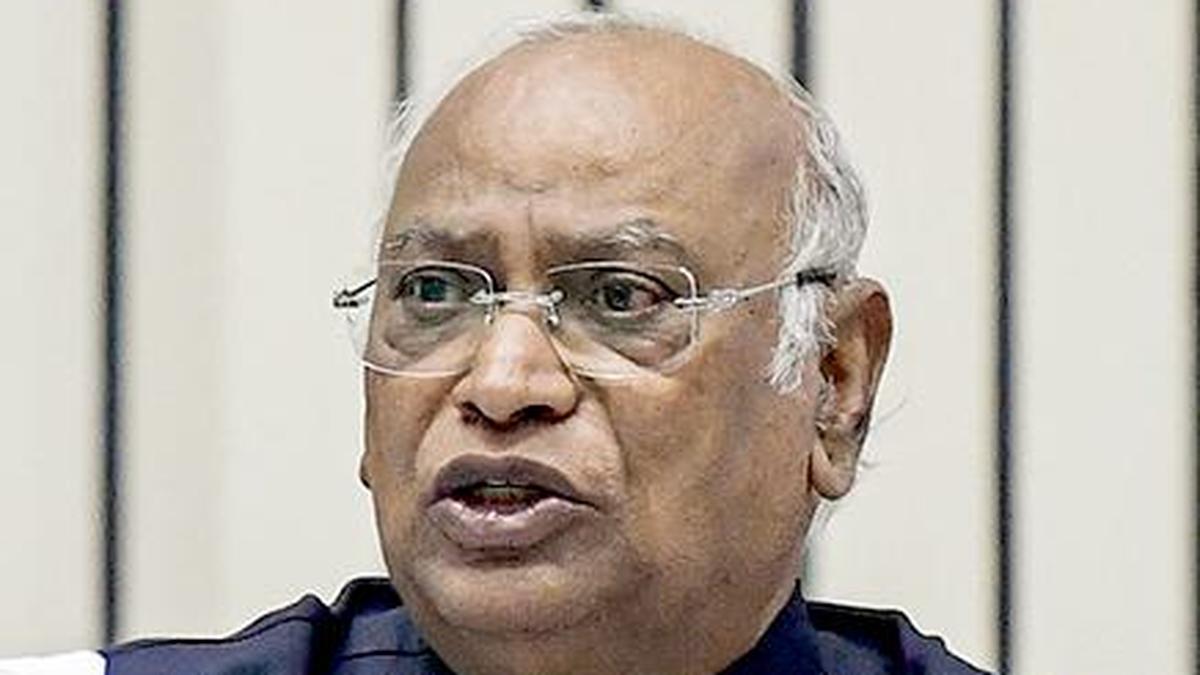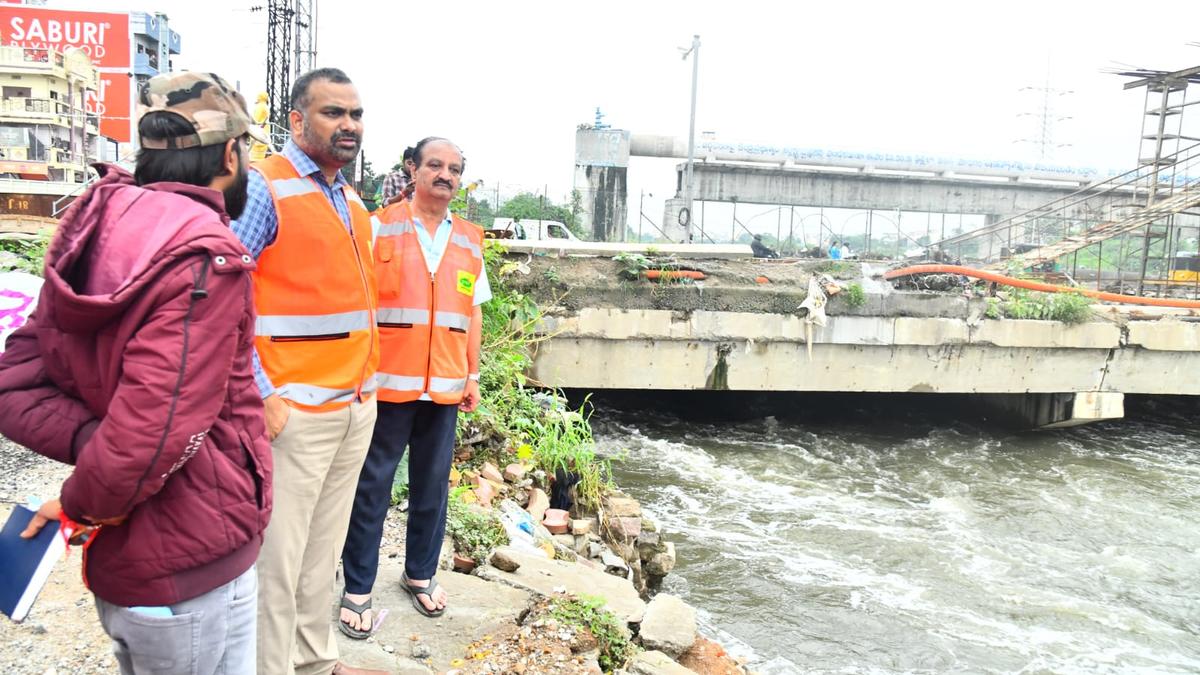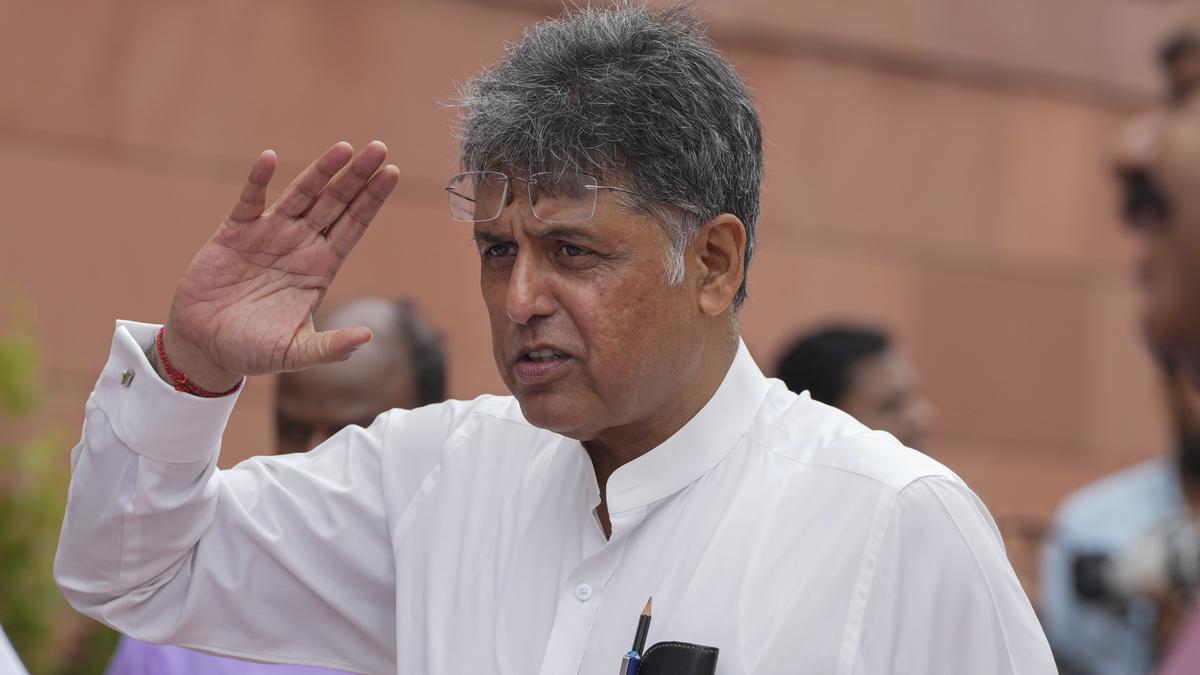ARTICLE AD BOX
Last Updated:August 12, 2025, 19:28 IST
Tushar Mehta argued that creating an unaccountable zone for lawyers risks turning privilege into a tool for obstructing justice

Mehta also challenged the argument that the case required new judicial guidelines. File pic/ANI
The Supreme Court’s suo moto proceedings on whether advocates can be summoned by investigating agencies, including the Enforcement Directorate, took a decisive turn on Tuesday with Solicitor General Tushar Mehta presenting a detailed argument. He stated that lawyer-client privilege is among the law’s most sacred protections, but it ends when it is used to abet illegality.
The suo moto case came in the wake of the Enforcement Directorate (ED) summoning senior lawyers Arvind Datar and Pratap Venugopal. The move was condemned by the Supreme Court Bar Association (SCBA) and the Supreme Court Advocates-on-Record Association (SCAORA), which called it a “disturbing trend" that struck at the very foundations of the legal profession. The bar bodies had urged the CJI to take suo motu cognisance of the matter.
Appearing in “Re: Summoning Advocates Who Give Legal Opinion or Represent Parties During Investigation", Mehta began by reaffirming the sanctity of legal professional privilege. Rooted in common law and Sections 132-134 of the Bharatiya Sakshya Adhiniyam (BSA), this privilege enables clients to speak frankly, ensuring effective legal advice and a robust defence. “It is one of the most sacrosanct principles of law and must remain so," he said, explaining its role in fostering respect for the rule of law.
However, the protection is not absolute. Citing the proviso to Section 132, Mehta defined its limits. Communications made to further illegal activities—whether to commit fraud, fabricate evidence, or create forged documents—are stripped of privilege. “No lawyer can be summoned merely for giving an opinion," he told the court. “But if he participates in an act that constitutes an offence beyond professional duty, the same law that applies to others will apply to lawyers also."
Mehta dismissed any notion of a special shield for the profession, stating that granting blanket immunity would create an unconstitutional “separate class" in violation of Article 14. He likened it to the now-struck-down Section 6-A of the Delhi Special Police Establishment Act, which insulated senior bureaucrats from corruption probes until the court ruled in Vineet Narain and Subramanian Swamy that “however high you may be, the law is above you".
The SG’s formulation was clear: Lawyers are citizens first. “Lawyers cannot claim absolute immunity from being summoned for investigation in cases where there is reasonable suspicion of their involvement in an offence. There is no statutory or constitutional provision that provides blanket immunity to advocates from being summoned or investigated when there is prima facie material suggesting their involvement in an offence. Any claim of blanket immunity for lawyers from being investigated under the guise of lawyer-client privilege would amount to creating a separate class, violating the constitutional guarantee," he stated.
It would create an artificial and unjustifiable classification, thereby violating Article 14, said the Solicitor General. “Granting blanket immunity to lawyers from criminal investigation or summons would result in the creation of a separate class, insulated from ordinary legal processes applicable to all other citizens. Such a classification would lack any intelligible differentia and would not serve any legitimate state interest, thus failing the twin test under Article 14," Mehta argued.
The privilege exists to protect legitimate professional engagement, not personal complicity in criminal conduct. “Simply because a lawyer represents a client in fiduciary capacity, this cannot preclude an investigating agency from summoning him if there are reasonable grounds to believe that the lawyer has committed, abetted, or facilitated a criminal act," he said.
On the powers of investigation, Mehta was categorical. Under the Bharatiya Nagarik Suraksha Sanhita, police have both a statutory right and a duty to investigate cognisable offences without prior judicial approval. This separation of functions, which includes investigation by police and adjudication by courts, has been a settled principle since Khawaja Nazir Ahmad (1944) and was reaffirmed in JAC Saldanha (1980). Courts, he said, should not interfere in the investigative domain unless fundamental rights are directly at stake.
Mehta also challenged the argument that the case required new judicial guidelines. There is no legislative vacuum, he said, that warrants judicial lawmaking under Article 142. The BSA, Companies Act, and Civil Procedure Code already provide a clear statutory scheme balancing privilege and accountability. Past Constitution Benches, starting from Prem Chand Garg to Union Carbide, have cautioned that Article 142 cannot be used to contravene express legislative provisions.
Mehta argued that creating an unaccountable zone for lawyers risks turning privilege into a tool for obstructing justice. He emphasised that professional secrecy cannot be abused to shield criminality. The constitutional promise of equality before the law demands that every citizen, whether advocate, bureaucrat, or private individual, answer for offences committed.

Madhuparna Das, Associate Editor (policy) at CNN News 18, has been in journalism for nearly 14 years. She has extensively been covering politics, policy, crime and internal security issues. She has covered Naxa...Read More
Madhuparna Das, Associate Editor (policy) at CNN News 18, has been in journalism for nearly 14 years. She has extensively been covering politics, policy, crime and internal security issues. She has covered Naxa...
Read More
- Location :
- First Published:
August 12, 2025, 19:28 IST
News india Lawyer-Client Privilege Can’t Shield Crime—No One Is Above Law: Solicitor General To SC
Disclaimer: Comments reflect users’ views, not News18’s. Please keep discussions respectful and constructive. Abusive, defamatory, or illegal comments will be removed. News18 may disable any comment at its discretion. By posting, you agree to our Terms of Use and Privacy Policy.
Read More



.png)
.png)
.png)
















 18 hours ago
5
18 hours ago
5









 English (US) ·
English (US) ·